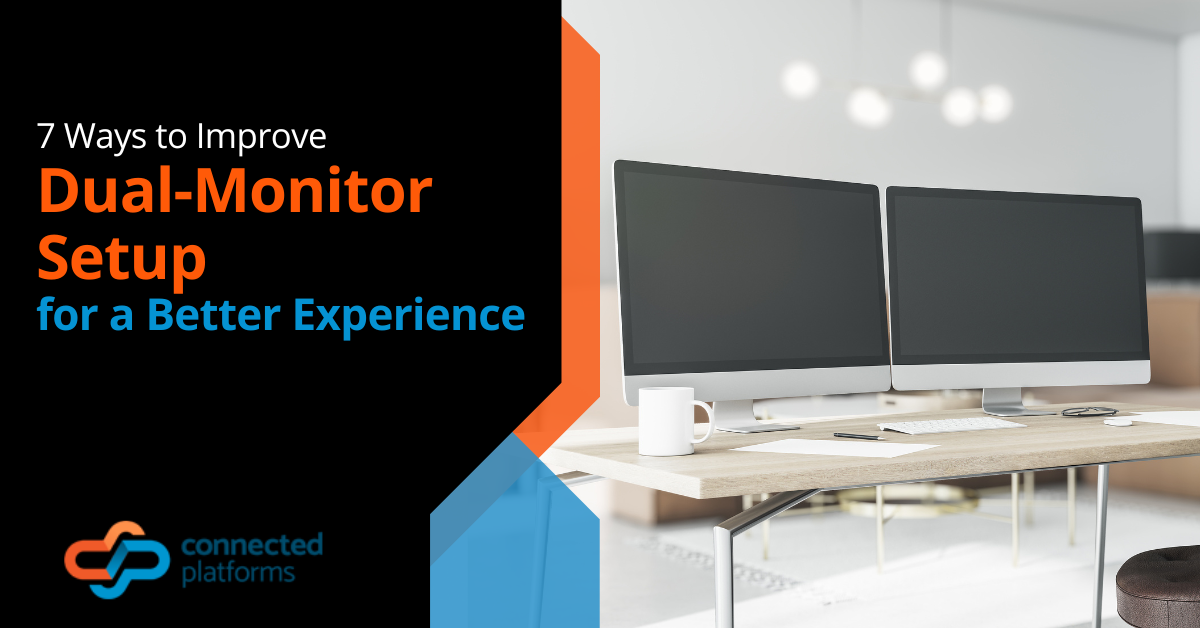If you are running a business with a physical location in 2021 it is unlikely you will be able to get far without a dedicated internet connection. While having internet is as much of a must-have for a business these days as having a phone was in the past, there are many ways in which you can connect, many providers and many plans to select from. While we are not going to promote any specific providers or plans here, we think it may be useful to provide an overview of key points and considerations when choosing an ISP and deciding between internet plans for business.
If you need help managing the technology in your business, get in touch with us on 07 3062 6932 and ask about our managed IT services, or request a FREE IT Health Check. We can help you with small business IT support and much more.
Choosing an ISP That is Right for Your Business
Choosing an ISP for business is not quite the same as when deciding on one for a home connection – your options may vary when compared with residential connections and there are a few considerations to keep in mind. When choosing an ISP, ask yourself (or your prospective provider) what THEY as a company can do for YOUR company.
- Service uptime – Ask your prospective internet service provider about their average uptime and hold them to that standard. An increasing number of business operation aspects depends on a reliably working and stable internet connection these days. Consider how many web or cloud based tools you use in your internet browser on a daily basis. As soon as your internet drops out, you risk losing access to key facets of running your business. Do you use online task management software to assign work to your staff? Perhaps your inventory management, sales processing or invoicing systems need an ongoing connection? No matter how hard these platforms try to be there for you when you need them, if your internet connection goes, your access disappears too. It is therefore important to choose an ISP with a reputation for reliable, stable, and ongoing connection uptime.
- Technical support – What if the worst does happen though? Will your business ISP’s technical support put you through to someone who knows what they are talking about and can immediately help you? Or will you have to call an entry-level, overseas call centre and waste time explaining the same issue over and over again to a never ending chain of Tier I technical support specialists whose only real qualification is reading off a script, before you get a hold of a real technician. In business, time is money (as the old saying goes) and you certainly do not want your ISP to be wasting yours, especially as a paying customer.
- Value add services – While you may only be interested in an internet connection, some of the value add services occasionally offered by internet service providers could just be what the doctor prescribed for your small business. These can range from e-mail hosting – an essential service that you may have already taken care of yourself, to cybersecurity features that protect your business and its sensitive data in an ever increasingly dangerous and an ever increasingly connected online world. It may be a fruitful idea to pit your prospective providers against each other. Just as when you are shopping around for a business loan, insurance or for utility connections to your store or office, you should not go with the first good-enough deal or an off the shelf product. It is in your ISP’s interested to get your business; do not be afraid to negotiate a better deal by letting your potential provider know what their competition can and has offered you.
Deciding Between Internet Plans for Business
Depending on the size of your business you may wish to consider whether it is even worth looking at tailored internet plans for business. Even then, the main considerations you can expect yourself to have to think about can go beyond just asking “how much is it”.
- Download speed – If you need a lot of data from the internet and you need it a lot of it quickly, download speed should be a key consideration. You might think you will not need much, after all if you are shopping around for a business plan it is probably not your concern whether you can stream 4K video without hiccups. Do not make the mistake of neglecting your down speed though, consider whether your clients will need to send you large files or if you have to download a lot of data from the cloud to keep your business running. Waiting for a large e-mail attachment to load or a file to download from Dropbox is easily one of the most frustrating (but not the only one) experiences you may find yourself having to put up with if your download speed is not high enough for your needs.
- Upload speed – You may not be as used to having to think about what upload speed you might need if your experience is limited to residential internet plans, but in business low up speed can be as frustrating as sluggish downloads. Will you need to send large e-mail attachments, upload large files (or many small ones) to the cloud? It is only a sample of scenarios where inadequate upload speed can lead to you pulling your hair out in frustration.
- Advertised vs real world performance – We know from the early days of the NBN that marketing can be one thing and reality completely another. Look closely at the wording used by your potential ISP in their promotional materials and you will notice that often speeds are advertised as “up to” a certain, attractive figure. This typically means that the performance you can actually expect in reality may be (but does not have to be) disappointing. Consider checking whether the ISP you are looking at has the reputation for delivering the performance they promise, especially in your area – in some scenarios the actual deliverable speeds may be out of the control of your ISP and depend on the local infrastructure: sometimes the real world performance can be comparable across the board, no matter which ISP you may choose.
- Delivery method – What is available in your area? You may have the option of choosing how you get your internet. In some areas you may be locked into wireless or satellite, in others you will additionally have access to NBN or third party fibreoptic connection providers. Wired connections usually offer better stability, speed and latency but require infrastructure in the form of cables to be available in your area. Wireless connections (though often still extremely fast) can be slower depending on the area but offer a bit more freedom by comparison.
- Latency – Latency is the transmission delay you experience when uploading and downloading data. This is not quite the same as connection speed and describes how quickly data moves from point A to from B (whereas connection speed or bandwidth describes how much data can be moved in a given time). If you have been on a video conference call in the recent months and experienced that slight but annoying delay between when you speak and when the other person hears you, that is latency. Videoconferencing can be made a lot less annoying with low latency connections, and it is only one of the scenarios where this could be a consideration for your business, but an important enough in the “new-normal”, post Covid-19 world.
If all of this seems like to much to think about, or if you would simply prefer to let someone else worry about it all, call Connected Platforms on (07) 3062 6932 or get in touch online with us today and let us worry about the technology and connectivity in your business, so that you can focus on doing what you do best – running your company.




